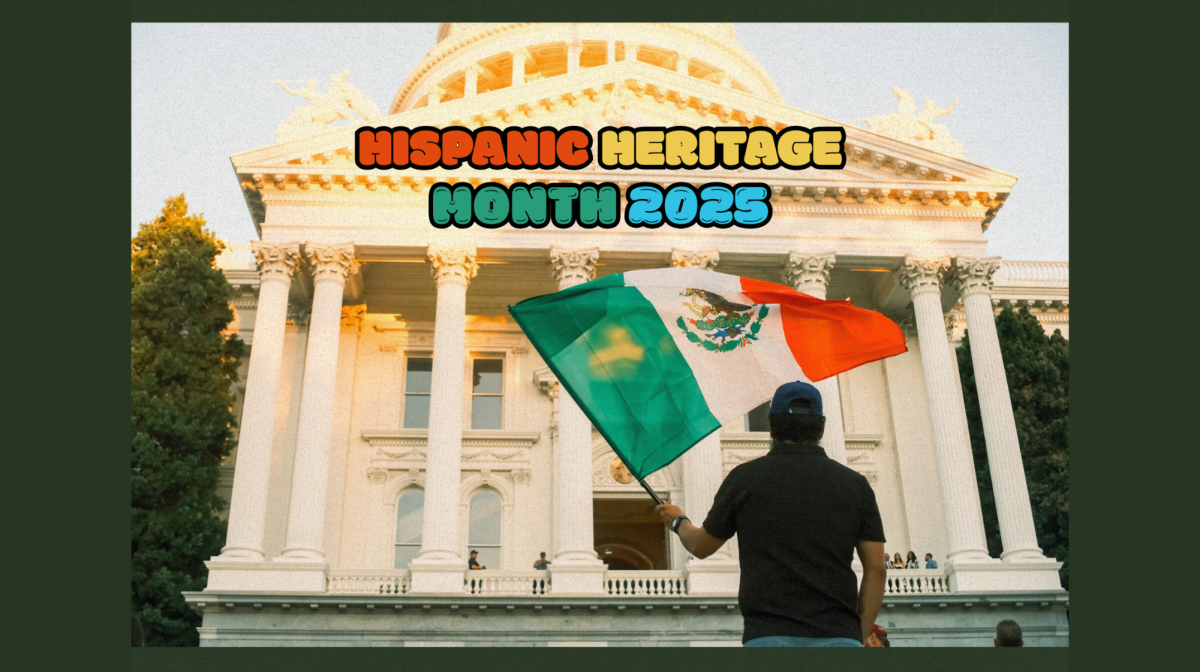Listeners not rocking in the free world
September 17, 2003
Got music? Well, you may be a target in the next wave of lawsuits if you don’t delete every song you’ve ever downloaded.
While you’re at it, throw out all your burned CDs because the fine increases if those are in your collection.
Most downloaders have heard of Napster, the first Internet provider of music who was sued in 1999 for piracy and copyright infringement.
Once again, record companies have the Recording Industry Association of America in attack mode. Their first wave of lawsuits against music freeloaders across the United States has started. Only this time they are targeting people like your grandma or your five-year-old neighbor, maybe even you.
In fact, they have over 300 lawsuits filed as of last week, with threats of more looming.
If you are a sharing member of any of the free music software providers online, you had better hire a lawyer, because each song could cost you anywhere from $750 to $150,000 in fines for copyright infringement. Yes, that is for each song.
Scared yet?
Copyrighted material is copyrighted material, and it is against the law for you to listen to music that you obtained for free.
Every student should know that sharing and burning music is a violation of Federal Copyright Law, and you are at serious risk if you are one of those music pirates.
Why is it such an issue? Record companies are losing more money each year due to the online music trading market, and they blame consumers. Or more correctly non-consumers.
They could hold the software companies who provide the services responsible, but it’s easier to target file-sharers.
Technology has allowed the RIAA to tap into the computers of people who have downloaded music. They can trace personal information, the frequency of downloads and types.
By attaching software onto songs that are downloaded, they have everything they need to sue.
But the way they obtain your information is a violation of the same first amendment rights they are trying to protect.
It’s not a fair game, but welcome to the privilege of big business, ladies and gentlemen. Big Brother is on their side.
Infringing on the privacy rights of file-sharers is regularly overlooked. The RIAA has access to copyrighted material on your computer if they discover you are sharing music.
The free music providers who are still active have agreed to allow the RIAA to keep their eyes on you. In exchange, they have been granted amnesty, or protection from liability. But they are still allowed to operate.
The RIAA provides clever justification for their suits, claiming they have an obligation “to protect music value.”
This idea of value is misleading, however.
I’m curious to know how a $20 purchase price is justified on a CD that costs about $1 to make. The RIAA set industry standards that force retailers to charge a minimum amount for any given music selection. They have fixed prices for years.
The prices are outrageous and quality is missing in much of the music the larger companies attach their labels to.
It’s no wonder musicians seek private labels or start their own; it’s the only way to escape the starving artist route and put quality music back into the market.
A Sacramento State freshman Joe Nix refuses to go into a store and pay for a CD that only has one or two good songs on it. He downloads a song that he likes every now and then and rarely buys an album that he can enjoy in its entirety.
My experience tells me most students would rather download one or two songs for a small fee than buy an overpriced album for one quality song.
The value we place on music should start with the artists who create it, not the RIAA and its affiliates.
Many artists play music for themselves and for others to enjoy, not for the recording industry to get rich off of. Most artists don’t even make a profit on selling albums after the recording company takes their cut.
If the RIAA put more effort into placing value on the artists, perhaps consumers would entertain the idea of buying a CD for its quality.
I simply don’t see why the RIAA has a need to take something from people when they have consciously ripped us off for years.Being free is a right, not a privilege. And that’s no piracy.
Are you hearing Angela loud and clear? E-mail your comments to Angela Bratrud at [email protected].























































































































